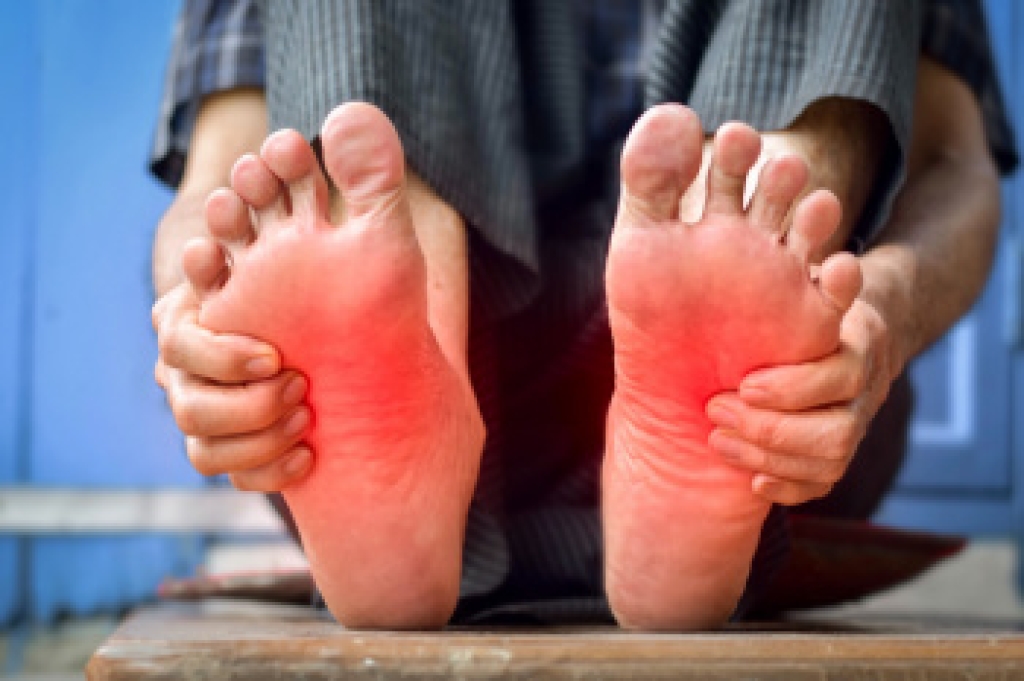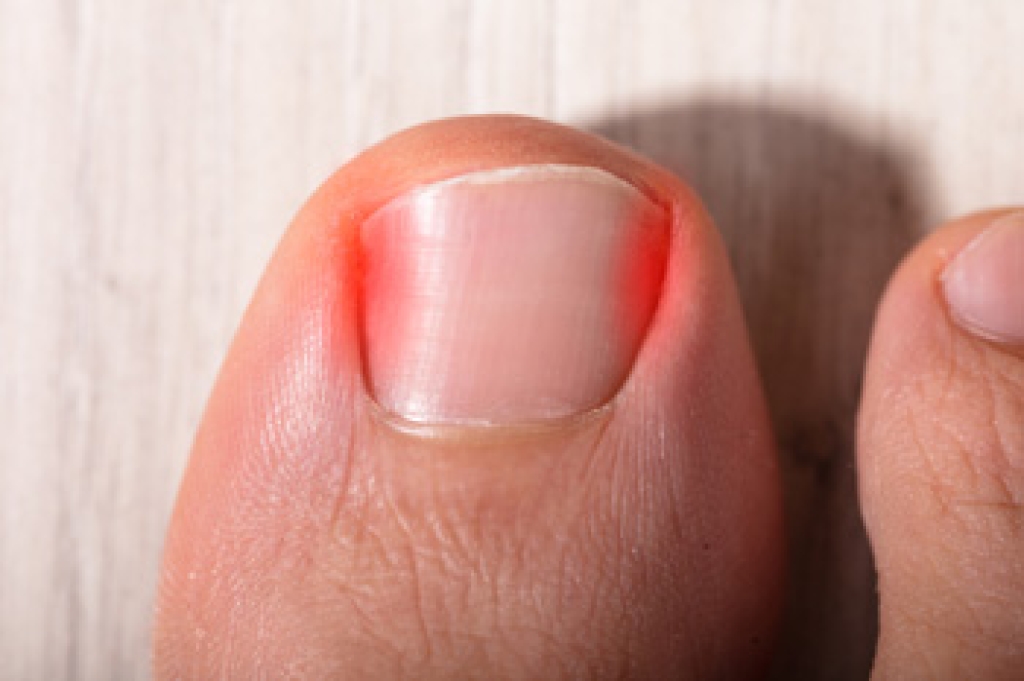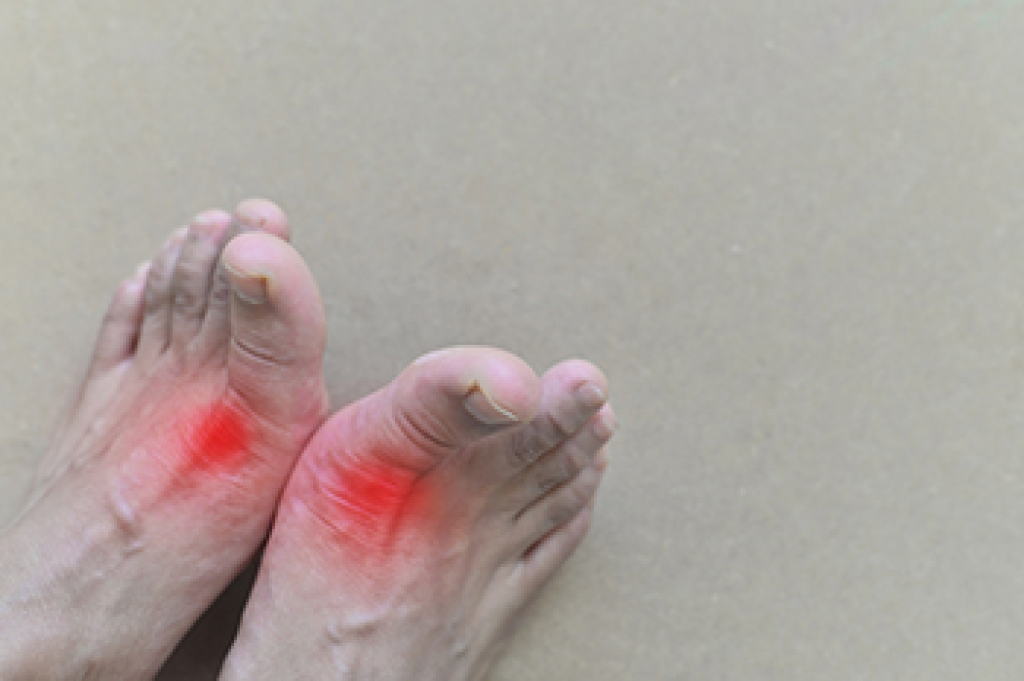
Rheumatoid arthritis is an inflammatory condition that often begins in the small joints of the feet. Early signs may include persistent fatigue, swollen joints, unexplained weight loss, and a general sense of malaise that makes daily activities more difficult. The joints in the forefoot and midfoot may feel stiff or tender, especially in the morning, and this discomfort can gradually limit mobility. A podiatrist can evaluate these early symptoms, order imaging when necessary, and develop a care plan that supports joint health, reduces inflammation, and improves comfort. This may include footwear guidance, supportive devices, and targeted therapies. If you notice the first signs of rheumatoid arthritis in your feet, it is suggested that you consult a podiatrist for early care and long-term management.
Because RA affects more than just your joints, including the joints in your feet and ankles, it is important to seek early diagnosis from your podiatrist if you feel like the pain in your feet might be caused by RA. For more information, contact Bryan Sullivan, DPM of Mississippi Foot Center . Our doctor will assist you with all of your podiatric concerns.
What Is Rheumatoid Arthritis?
Rheumatoid Arthritis (RA) is an autoimmune disorder in which the body’s own immune system attacks the membranes surrounding the joints. Inflammation of the lining and eventually the destruction of the joint’s cartilage and bone occur, causing severe pain and immobility.
Rheumatoid Arthritis of the Feet
Although RA usually attacks multiple bones and joints throughout the entire body, almost 90 percent of cases result in pain in the foot or ankle area.
Symptoms
- Swelling and pain in the feet
- Stiffness in the feet
- Pain on the ball or sole of feet
- Joint shift and deformation
Diagnosis
Quick diagnosis of RA in the feet is important so that the podiatrist can treat the area effectively. Your doctor will ask you about your medical history, occupation, and lifestyle to determine the origin of the condition. Rheumatoid Factor tests help to determine if someone is affected by the disease.
If you have any questions, please feel free to contact our office located in Jackson, MS . We offer the newest diagnostic and treatment technologies for all your foot care needs.




